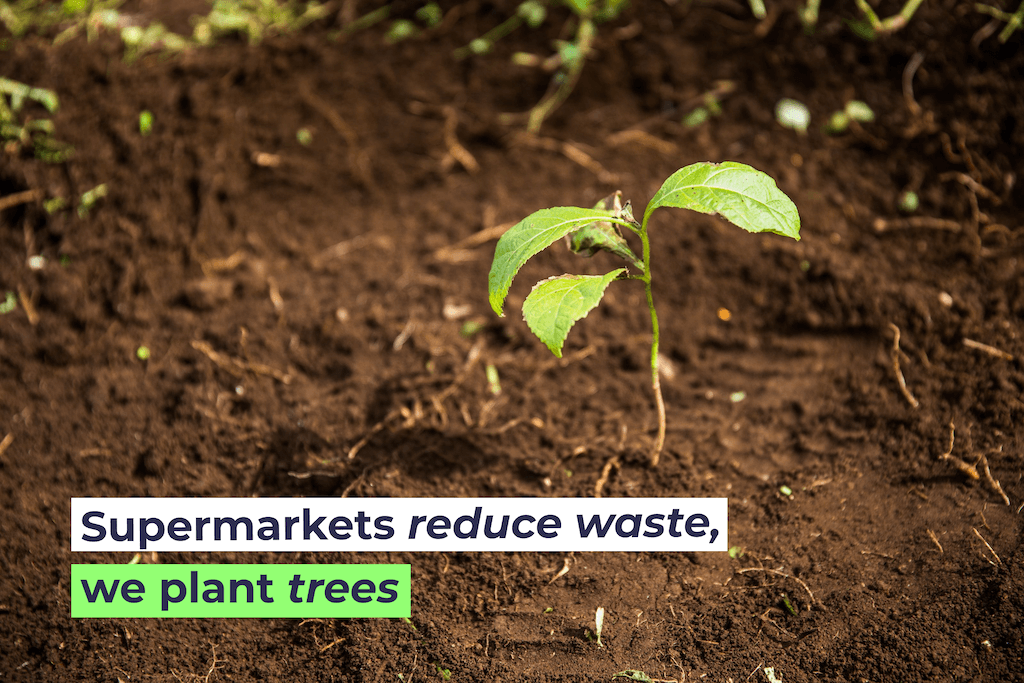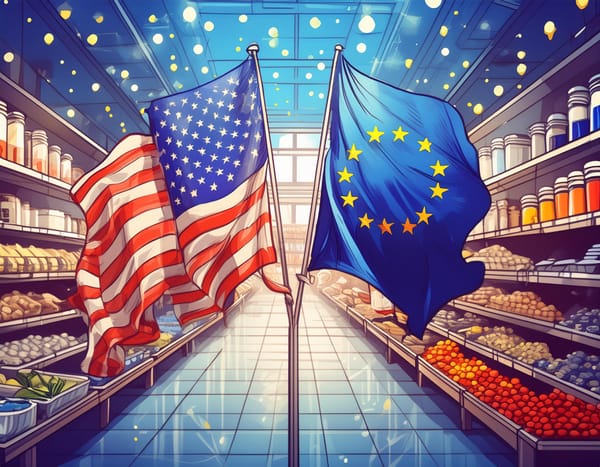The Holy Grail in Markdown Optimization

In our March issue, we delved into the fundamentals of multi-period markdown strategies, offering simple examples to illustrate their potential benefits. Following that, in April, we candidly addressed the challenges inherent in implementing such strategies, emphasizing the importance of discerning when a markdown is truly warranted. Indeed, it's crucial to emphasize that not every scenario calls for a markdown, and oftentimes a single, well-timed markdown can suffice.
So, what exactly constitutes the "holy grail" in this context? We coin it as the "Wasteless time horizon," which essentially refers to the ability to predict the optimal sequence of markdowns in both magnitude and timing. This strategic approach aims to expedite product turnover while simultaneously maintaining freshness on the shelves.

To maximize profits and minimize waste within this framework represents a multifaceted challenge of considerable complexity. Crafting a pricing policy that operates within the "Wasteless time horizon" entails forecasting how various known unknowns might impact consumer demand within the intricate and ever-evolving retail landscape. Consumer behavior is influenced by an array of interconnected factors, rendering pricing decisions a dynamic and continuous process.
Developing a pricing strategy over time necessitates ongoing evaluations of whether to prioritize immediate profits or to forego them in favor of greater returns down the line. Dynamic pricing, executed at the assortment level, demands constant analysis of product interplay—whether they're complementary or competitive—and requires swift decisions on when, if, and by how much to apply markdowns.
It's crucial to emphasize that salvation within the "time horizon" paradigm isn't a one-and-done affair. Rather, it requires the ability to refine and recalibrate calculations continuously based on real-time data and on-the-ground realities within stores.
Achieving mastery in this arena demands sophisticated environment modeling and substantial computational prowess. Until the advent of quantum computing, tackling such FinOps (Financial Operations) challenges remains a formidable task. Nonetheless, it's a challenge worth pursuing, given the potential for substantial improvements in both profitability and waste reduction within the retail sector which Wasteless has already demonstrated accross countries, continents and different retailers' profiles.





